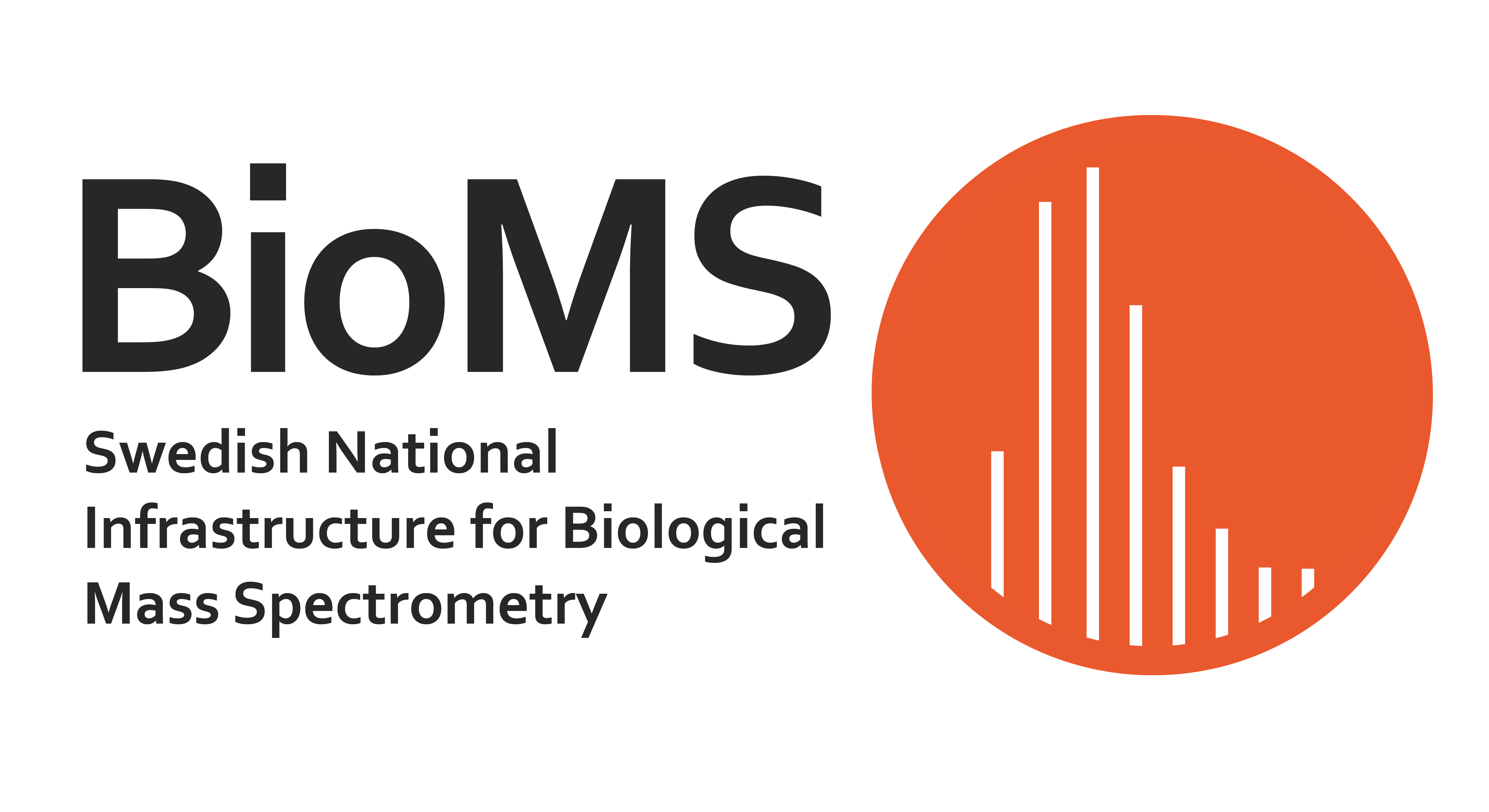Proteogenomics
A new exciting field in biological mass spectrometry is currently emerging that combines proteomics information with sample specific genomic and transcriptomics information. It is called proteogenomics and is used to discover novel protein coding regions/genes and provide protein level-evidence confirming a protein coding potential of a gene, thereby improving genome annotation. With the fast development in methods to generate DNA and RNA sequence data, proteogenomics methods open up the possibility to connect the proteomics and genomics fields. Proteogenomics can be used for detection of novel protein species (mutated proteins, fusion proteins, pseudogenic proteins etc.) and to analyze the influence of genomic variants and aberrations on the molecular phenotype; for example influence of genomic aberration on protein levels, pathway activations, splice variants and PTM status. Systematic analysis of genomic aberrations and their consequences at the molecular phenotype level will contribute to fundamental knowledge in biology, improve biomarker discovery and facilitate comprehensive systems biology studies.
Support within proteogenomics at BioMS include:
- Unbiased proteogenomics in any species with a sequenced genome
6-FT database searches for protein coding genome annotation. - Personalized proteomics
Individual sequence based search database generation for variant analysis at the protein level coupled with in-depth quantitative proteome analysis. - Disease state/Variant proteomics
Database supplemented with all known SNPs and mutations. (Can be used when sample specific sequence data is not available.) - XenoProteomics
Database supplemented with peptides from diseases caused by pathogens.
Contact

